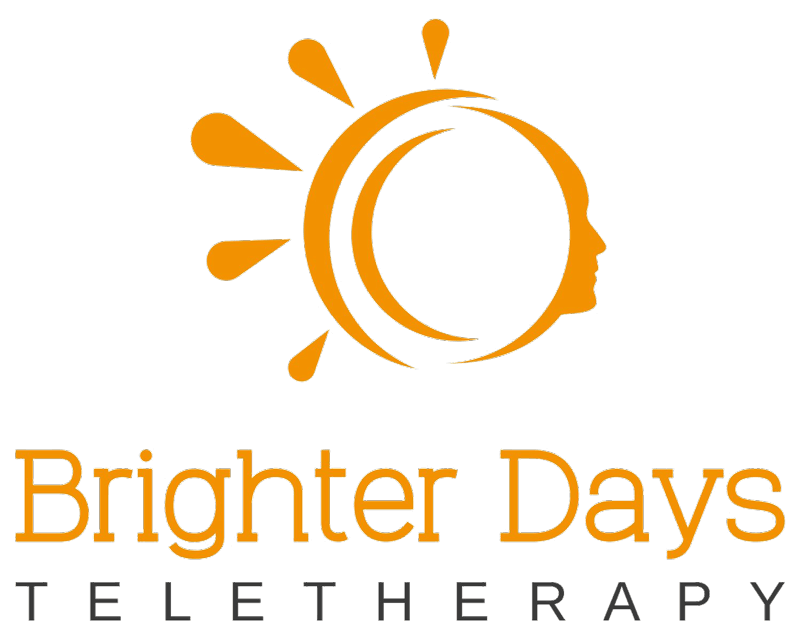EMDR and Depression: Understanding the Role of Attachment Trauma
When we think of depression, often we picture someone who's feeling down and out, maybe a bit 'off.' But what if I told you that the roots of depression often run much deeper and can be traced back to our earliest bonding experiences? Yes, we're talking about those infant days, long before you had to worry about paying bills or what to post next on Instagram. This is where the concept of attachment trauma comes into play, and believe it or not, it can significantly contribute to depression in adulthood. Let's unravel this puzzle and see how Eye Movement Desensitization and Reprocessing (EMDR), particularly the attachment-focused variant, can help us tackle these deep-seated issues.
Attachment Trauma: The Unseen Culprit Behind the Curtain
Picture your life as a grand stage play. In the first act, your early attachments set the scene. Ideally, this part of the play is all about love, security, and consistent care. But life isn't always a Shakespearean masterpiece. For some, this act is fraught with inconsistency, neglect, or even abuse – welcome to attachment trauma. These early experiences shape our attachment style, laying a blueprint for how we relate to others and ourselves. When these experiences are more "Game of Thrones" than "A Midsummer Night's Dream," it can lead to attachment wounds that persist into adulthood.
Enter Depression, Stage Left
Fast forward a few years (or decades), and these attachment wounds can manifest as depression. It's like having a lingering sense of emptiness or a deep-seated belief that you're unworthy of love and happiness. You might find yourself in a cycle of negative relationships or feeling disconnected from those around you. It's not just about feeling sad; it's a profound sense of despair that seems to color your entire world.
Cue EMDR: The Therapeutic Plot Twist
Here's where EMDR therapy, a standout performer in the world of psychotherapy, makes its grand entrance. Developed by Francine Shapiro, EMDR has traditionally been used to treat PTSD, but it's equally effective for depression, especially when linked to attachment trauma. The therapy involves recalling distressing images and beliefs while receiving bilateral sensory input, like side-to-side eye movements or taps. It's like reprogramming a glitchy computer (your brain) to process memories and thoughts more healthily.
Online EMDR: Bringing Therapy to Your Couch
Now, with the magic of technology, EMDR is available online, making it an accessible and effective online therapy option. Imagine getting top-notch treatment while curled up on your sofa with your pet (or a comforting pillow, no judgment here). Online EMDR therapy offers the same principles as in-person sessions, minus the hassle of traffic and waiting rooms.
Attachment-Focused EMDR: Zooming In on the Attachment Angle
Attachment-focused EMDR (AF-EMDR) takes this a step further by specifically targeting those pesky attachment wounds. It combines the standard EMDR protocol with an understanding of attachment theory, making it a bespoke treatment for those with attachment-related depression. It's like having a therapy session tailored to fit your unique psychological wardrobe.
The EMDR Process: A Step-by-Step Guide
So, how does this all work? Here's a simplified breakdown:
History Taking: Your therapist will play detective, delving into your life story to understand your attachment style and history.
Preparation: You'll learn some coping techniques to help you manage any emotional turbulence during the therapy. Think of it as your emotional seatbelt.
Assessment: Here, you'll identify specific memories and beliefs linked to your attachment trauma and depression.
Desensitization: Through bilateral stimulation, you'll process these memories, reducing their emotional charge.
Installation: Now, it's time to plant some positive beliefs in place of the negative ones. It's like gardening, but for your mind.
Body Scan: You'll check in with your body to ensure that the distressing memories are no longer causing tension or discomfort.
Closure: This wraps up your session, ensuring you leave feeling stable and safe.
Reevaluation: In subsequent sessions, you and your therapist will review your progress and tweak the treatment as needed.
The Healing Journey
Embarking on this journey with EMDR, and particularly AF-EMDR, can be transformative. It's not just about slapping a Band-Aid on your depression; it's about digging deep to heal those foundational wounds. Sure, it's not a walk in the park – more like a hike through emotional terrain – but the view from the top (emotional healing) is worth it.
In Conclusion: A Beacon of Hope
EMDR therapy, especially the attachment-focused variant, offers a powerful tool in the fight against depression stemming from attachment trauma. It provides a pathway to understand and heal the deep-rooted causes of your emotional pain, paving the way for a brighter, more hopeful future. So, if you're struggling with depression and suspect attachment issues might be at play, consider giving EMDR a shot. Who knows, it might just be the plot twist your life story needs.
